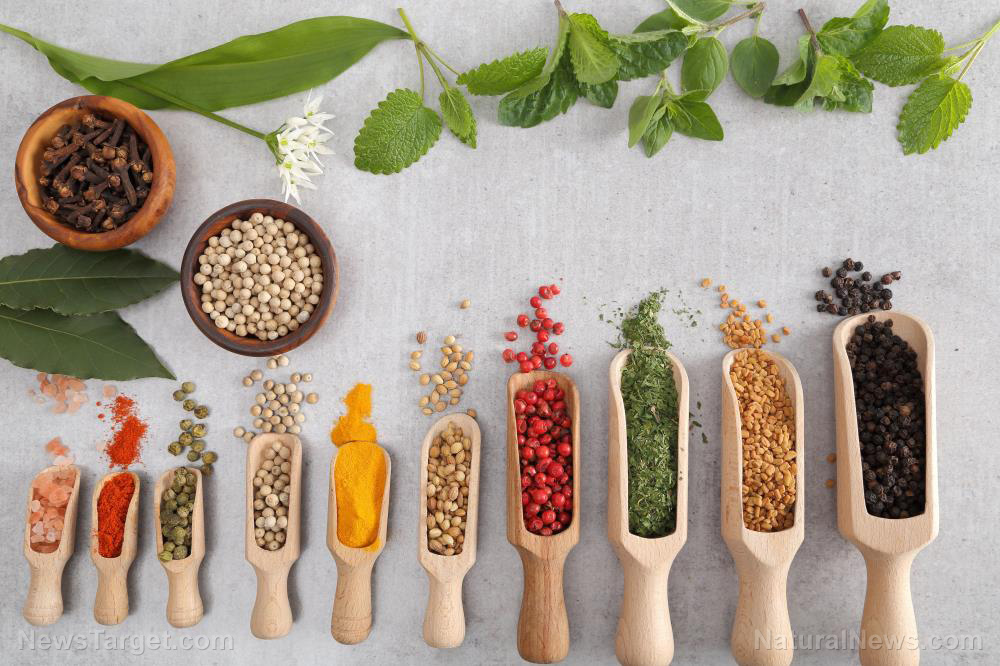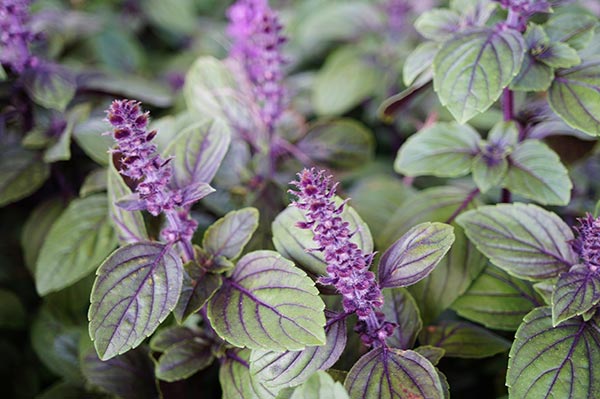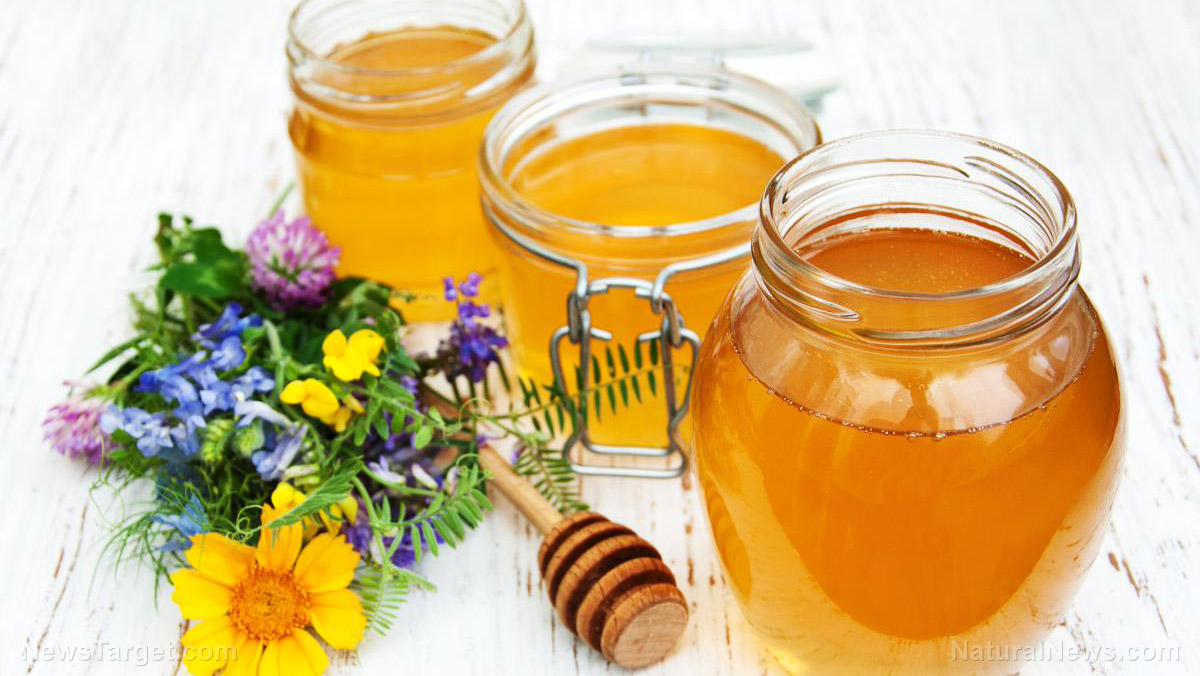Always cold as ice: 5 Possible reasons for cold intolerance and how to address them
10/27/2019 / By Arsenio Toledo

Many people naturally feel colder than others. While it may seem like there’s no discernible cause, it’s possible that this cold intolerance is coming from an underlying condition. Here are five possible reasons why you feel colder than usual, and what you can do about it. (h/t to MedicalNewsToday.com)
Anorexia nervosa
Anorexia nervosa, or simply anorexia, is an eating disorder characterized by both the fear of gaining weight and a strong, unhealthy desire to be thin. Anorexia can make people want to restrict their food intake. This can cause them to have an inadequate amount of body fat, which makes them more intolerant to cold than most people.
For those dealing with anorexia, going in for a massage has been shown to help reduce stress and anxiety levels and make them feel more satisfied with their bodies.
Anemia
Anemia is a condition wherein your body doesn’t have enough red blood cells (RBCs). A lack of RBCs means that your body isn’t getting enough oxygen. This can cause you to feel cold, as well as make you feel weak or fatigued, lightheaded. It can even make your skin look pale. Two different kinds of anemia that can make you feel cold are iron-deficiency anemia and vitamin B12-deficiency anemia.
Several diet plans have been known to help deal with anemia. Eating vegetables packed with chlorophyll like spinach and celery will help your body absorb more iron. Eating cereals like whole wheat bran can help give you a vitamin B12 boost.
Hypothyroidism
Hypothyroidism is the condition in which your thyroid gland isn’t producing enough thyroid hormones. These thyroid hormones help, among others, heart and digestive function, improve your mood maintenance, and regulate the body’s metabolic rate. Symptoms include cold intolerance, depression, constipation, and a low heart rate.
Certain diets can help remedy these symptoms. Eating foods rich in selenium such as Brazil nuts and grass-fed beef, eating probiotics, and transitioning to a sugar-free diet have been known to help prevent many of the symptoms of hypothyroidism.
Raynaud’s disease
Raynaud’s disease is a condition that reduces the blood flow to the hands and feet. This is due to the arteries spasming and constricting blood flow. These episodes last several hours, after which blood flow returns and can cause quite a lot of pain. Its most visually striking symptom is the affected part of the body turning white and then blue. This can also make those parts of the body susceptible to colder temperatures. Cold temperatures, as well as stress, can trigger Raynaud’s.
Ginkgo extract can help reduce its symptoms. Acupuncture treatment, in particular, can improve blood flow to the affected limbs. (Related: Herbal supplement gingko biloba found to prevent cell death in the brain, improve recovery from stroke.)
Peripheral artery disease
Peripheral artery disease (PAD) is when the arteries narrow and the blood flow to different parts of the body is constricted. This leads to skin ulcers, skin in the affected areas turning blue, and cold intolerance due to the lack of blood circulation. A great way to address PAD is to exercise regularly. Getting on the treadmill helps increase blood circulation, thus helping prevent PAD.
Usually, when people feel colder than others, it’s not an indication that there’s an underlying health issue. However, if that sensitivity to cold is coupled with other symptoms, or if it’s more intolerance than what you or someone else usually feels, it may be a sign that there’s another condition making it worse. Best to figure it out right away before it can do permanent damage to your body.
Sources include:
Tagged Under: alternative medicine, anemia, Anorexia, anorexia nervosa, anxiety relief, blood circulation, blood flow, blue skin, bran, Celery, cereals, chlorophyll, cold, cold intolerance, cold sensitivity, constipation, depression, disease treatments, exercise, exercise therapy, fatigue, fitness, food cures, gingko, gingko extract, grass-fed beef, heart rate, hypothyroidism, iron deficiency anemia, massage, massage therapy, natural cures, natural medicine, PAD, pain relief, pale skin, peripheral artery disease, peripheral vascular disease, prevention, probiotics, Raynaud's, Raynaud's disease, Raynaud's phenomenon, Raynaud's syndrome, RBC, RBCs, red blood cells, remedies, selenium, sensitivity to cold, skin ulcer, spinach, stress relief, sugar-free diet, thyroid gland, thyroid hormone, treadmill, vitamin B12, Wheat bran
RECENT NEWS & ARTICLES
COPYRIGHT © 2017 REMEDIES NEWS



















